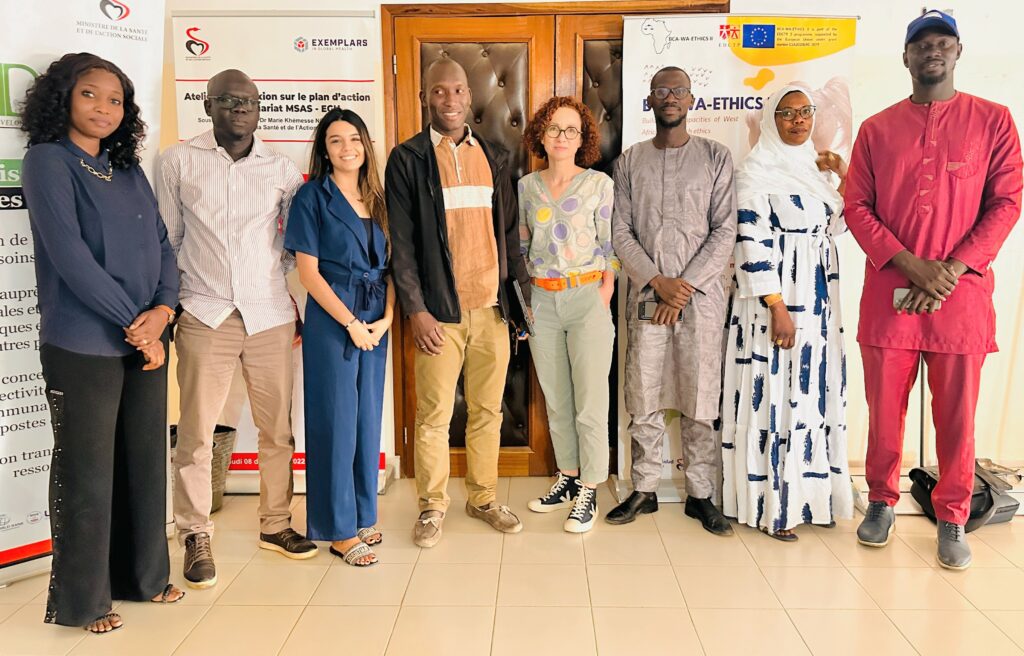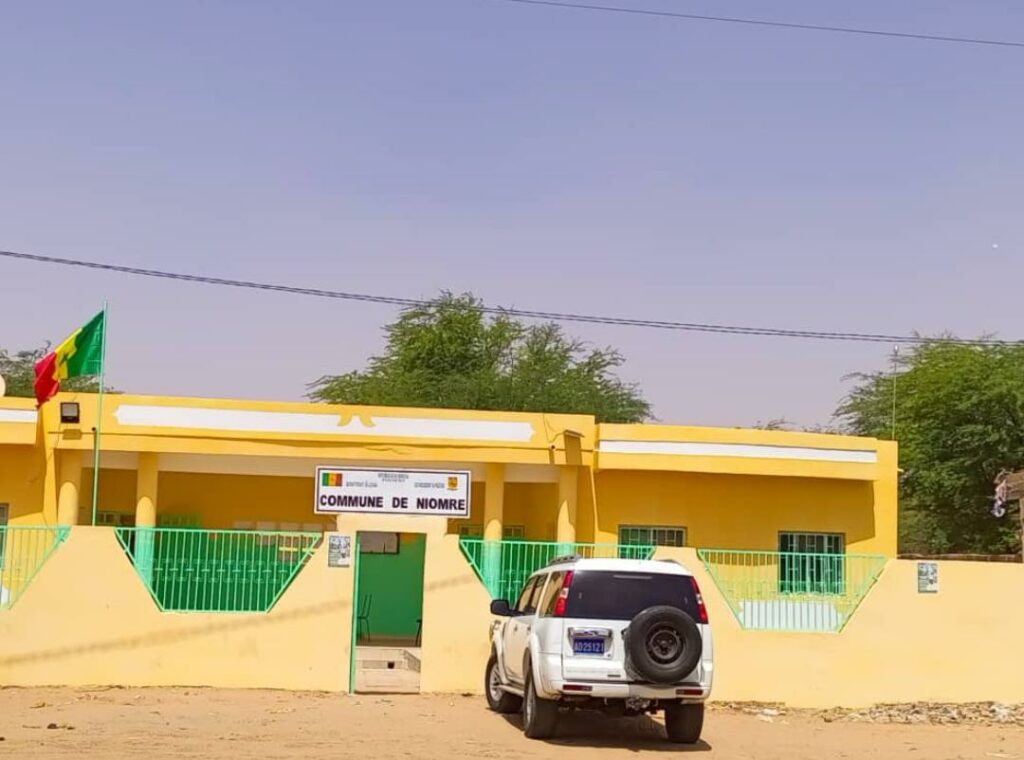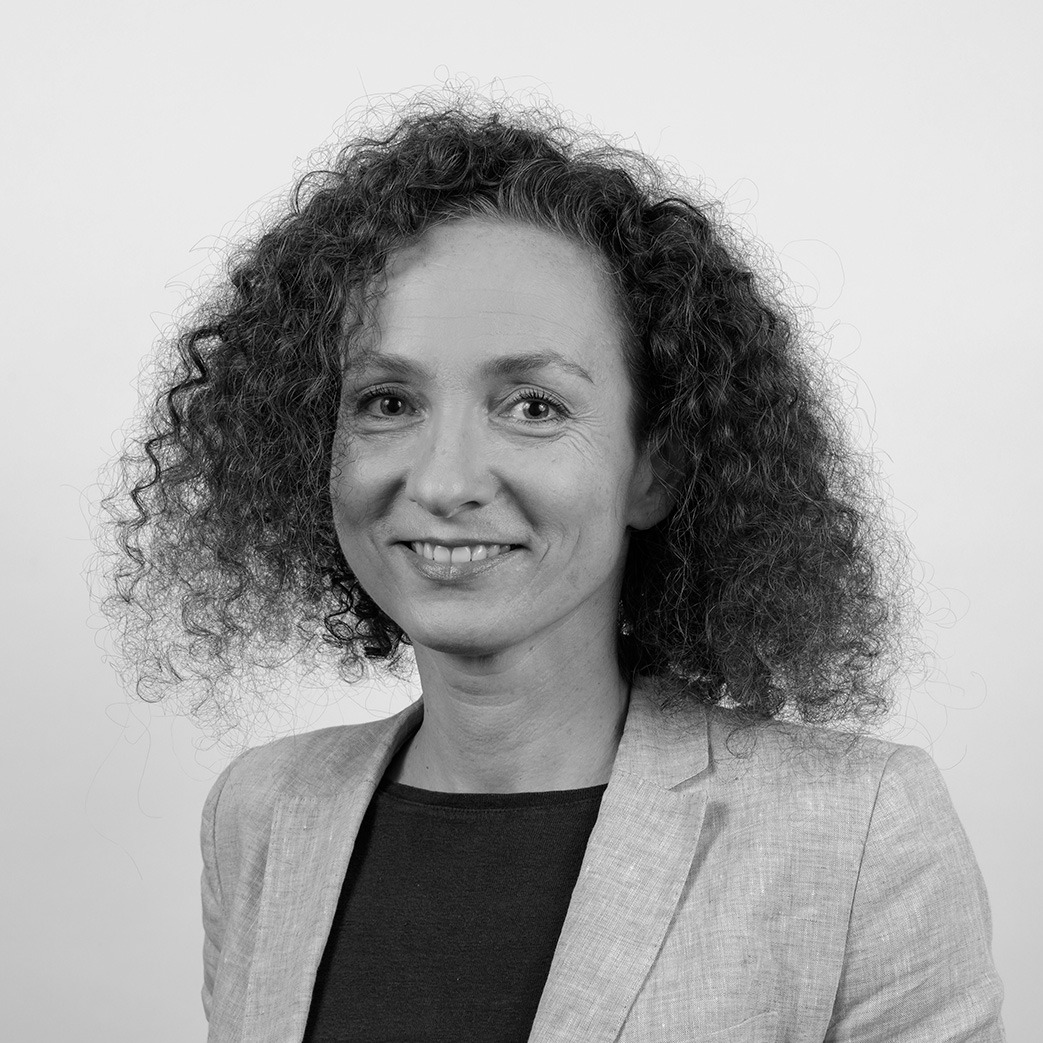Health in remote area
Financing Solutions in Remote Areas for Better Health.
Creating a unique and proactive ecosystem for implementing healthcare solutions in remote and underserved regions.

Health in remote area

Financing Solutions in Remote Areas for Better Health.
Creating a unique and proactive ecosystem for implementing healthcare solutions in remote and underserved regions.

Why remote areas ?
BLUMORPHO is implementing a ‘Health in Remote Areas’ initiative aimed at fostering collaboration and facilitating access to financing through our extensive network of partnerships with private equity actors and companies with Corporate Social Responsibility (CSR) programs committed to contributing to the Sustainable Development Goals (SDGs). Our initiative enables innovative companies to accelerate their access to the market while contributing to the expected impact.
Solving unmet health challenges in remote areas with bold investors driving impactful solutions
A selected committee of local stakeholders and renowned funding organizations (e.g., World Bank, Invest Finance, Senegalese government) will ensure your innovation fits community needs and can be implemented with the right support. Discover the selected challenges below and apply for free to get a chance to check your product market fit, build partnerships and receive feedback on your solution.
Infectious Diseases
We’re actively seeking groundbreaking innovations in:
Diagnostic Technologies: Cutting-edge tools and methods to enhance infectious diseases prevention, detection, and treatment.
Local Manufacturing: Solutions that empower communities to produce essential healthcare products locally and deliver qualitative and timely health services.
Water and sanitation
Join us in tackling health risks posed by inadequate sanitation and contaminated water sources in remote areas. We need innovative solutions like improved facilities, water treatment tech, mobile apps for hygiene promotion, smart sensors and more to enhance public health outcomes.
Energy
Energy access remains a critical challenge in remote areas. In Niomré, for example, 4 out of 12 health posts lack electricity. Communities struggle to meet their energy needs, impacting living standards. We’re seeking innovative solutions like renewable energy technologies, decentralized energy systems, innovative financing mechanisms, smart energy management systems, and energy-efficient appliances to address these challenges and improve the conditions in remote areas.
Non communicable diseases
Today, non-communicable diseases (NCDs) are increasingly impacting not only affluent nations but also low-income countries and remote areas. Diabetes, cardiovascular diseases, cancer, mental health disorders, and the need for dialysis present a real challenge. We are looking for solutions that can transform the landscape of NCD management. Advanced diagnostic tools, digital health platforms, AI-powered analytics, sensor technology, remote monitoring devices, and other digital solutions hold important potential for timely intervention and prevention.
Data
Data challenges in remote areas, including issues like data collection and quality, fragmentation, limited connectivity, and privacy/security concerns, pose significant obstacles to effective healthcare delivery. We are actively seeking innovative solutions to overcome these barriers, such as digital health platforms, satellite technology, blockchain, and data analytics. Join us in leveraging technology to bridge the data divide and empower healthcare in remote areas.
Mobility
Mobility challenges in remote areas, like insufficient emergency medical personnel, limited availability of ambulances, and inadequate infrastructure, pose significant barriers to accessing healthcare services during emergencies. We are interested in solutions to overcome these obstacles, such as mobile clinics, telemedicine, and drone technology.
Women's health
Women’s health encounters significant issues such as inadequate prenatal care, limited access to contraception, and insufficient screening and treatment for reproductive health concerns like endometriosis and cervical cancer. We are interested in solutions to overcome these obstacles, such as platforms enabling women to consult healthcare providers, receive medical advice, and undergo screenings and diagnostic tests, including point-of-care ultrasound devices and rapid tests for early detection and treatment. Initiatives focusing on education, counseling, and basic healthcare services are also needed to raise awareness about reproductive health, family planning, maternal health , and providing essential prenatal and postnatal care to pregnant women.
Infantil diseases
Infantile diseases present significant challenges, including respiratory infections, diarrheal diseases, dermatological issues, and malnutrition. We are looking for solutions to tackle this urgent need, such as rapid diagnostic tests for common infantile illnesses, affordable treatments, and intelligent algorithms to aid in timely intervention. Solutions related to education and counseling for parents and caregivers are also needed to raise awareness about preventive measures and early detection options.
Your solution fits the demand... Apply to introduce your company to our fund managers, local authorities, medical experts, investors and corporates network, to build strategic collaborations.
Working with communities and authorities in remote areas like Niomré (Senegal), we organized the 2024 Better Health in Remote Areas edition.
Closing the Health Gap: Overcoming Critical Challenges in Remote Regions
Remote regions experience significant health disparities compared to urban centers, facing greater vulnerability to disease outbreaks and limited access to essential healthcare services. One of the most pressing issues is diagnostic access, as nearly half of the world’s population still lacks access to basic diagnostic testing. Without timely and accurate diagnosis, the chances of detecting and controlling infectious diseases remain low, putting entire communities at risk.
The global healthcare workforce shortage further exacerbates the situation, with a projected deficit of 10 million healthcare workers by 2030, particularly in low- and middle-income countries. This gap hinders the provision of critical health services, affecting patient outcomes and community well-being.
Basic infrastructure challenges also persist, with 38% of healthcare facilities lacking access to an improved water source and 19% without proper sanitation systems. Furthermore, 35% of facilities do not have soap and water for handwashing, making infection prevention and control a major struggle, especially in outbreak-prone areas.
The need for pandemic preparedness has never been more urgent. With 123 million euros invested in the Team Europe initiative “Sustainable Health Security,” collaborative efforts between the Africa CDC and European CDC aim to strengthen disease surveillance, response strategies, and a One Health approach. The COVID-19 pandemic has demonstrated the necessity of innovative technologies, real-time data tracking, and robust healthcare frameworks to mitigate future threats.
In many low-income countries, the financial burden of healthcare remains high, with out-of-pocket payments accounting for nearly 40% of total health expenditures. Expanding access to affordable health insurance and alternative financing solutions is critical to ensuring that no one is denied essential medical care due to financial constraints.
Moreover, energy reliability remains a significant barrier, with approximately 1 billion people relying on healthcare facilities with no electricity or an unstable power supply. Without a dependable energy source, refrigeration of vaccines and medicines, operation of life-saving medical equipment, and even basic procedures like surgeries and digital record-keeping become nearly impossible.
Addressing these challenges requires a holistic and technology-driven approach, fostering innovation in healthcare delivery, diagnostics, workforce development, infrastructure, and financing. By investing in sustainable health solutions, we can bridge the gap in medical access, strengthen global health security, and improve the well-being of underserved communities worldwide.
Expected Solutions
Diagnostic: AI-powered tools Wearable health monitoring devices, etc
Human ressources: Telemedicine platforms Mobile health clinics, etc
Health insurance: Microinsurance, Mobile payment platforms, etc
Renewable Energy and health: Solar-Powered Microgrids, Biomass Energy Projects, etc
Water and sanitation Water Recycling, Reuse systems, Hygiene Education and Promotion, etc
A co creation process to build strategic and financial collaborations
Example of Niomré
Niomré, a region in north-west Senegal with 47 villages and over 35,000 inhabitants, exemplifies the critical challenges of access to healthcare in remote areas. With no hospital and only one health center without doctors, the need for solutions is pressing.
The Senegalese Ministry of Health and BLUMORPHO have taken action by using Niomré as a case study to address these urgent needs, with the goal of scaling solutions to other underserved regions. The BLUMORPHO team, which visited the region, witnessed these challenges firsthand and brought them to the forefront during the workshops at INPHO Venture Summit 2024 to drive innovation and investment in healthcare access
Unmeet needs:
- Deficiency in infrastructure and personnel
- Inadequacy of suitable medical coverage
- Lack of maternity services and adequate gestational follow-up
- Increase in the incidence of infectious diseases
- Health issues related to access to clean water or energy powering infrastructure.
Why are they joining?
Innovative companies:
- Introducing your solutions to fit market needs
- Addressing specific healthcare challenges with your innovations
- Collaborating with local stakeholders, corporates and investors
- Establishing partnerships with government, investors and non-profit organizations to implement your solutions
Corporates:
- Collaborating with startups to co-create innovative solutions.
- Expanding CSR initiatives to include investments in healthcare innovation.
- Accessing new markets and business opportunities
- Building strategic partnerships with startups and investors
Investors:
- Identifying promising startups and projects
- Investing in scalable solutions that have the potential to improve healthcare access and outcomes across Africa
- Exploring opportunities for impact investment
- Connect with startups, corporates, government officials, and healthcare experts.




